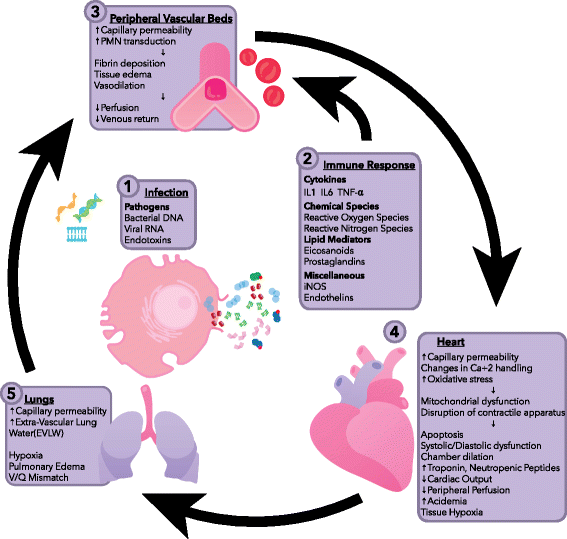- Joined
- May 24, 2006
- Messages
- 6,749
- Reaction score
- 6,262
Nope. Most just want to pad their resumes. Otherwise they would just recognize that they suck at it and stop.
This entire research hysteria would go away the second we would stop promoting people based on it. In the end, we are doctors, not researchers; our measure of success should be our outcomes. If in academia, it should be the quality of our lectures and bedside teaching. (Teachers are not evaluated based on what they publish.) But, hey, when the people running the show have padded resumes, don't teach, and are clinically unimpressive...
So true. I am not a researcher. If I wanted to do or was good at that stuff, I would have gotten a PhD. And I hate reading studies that aren’t meta analysis studies. I don’t understand all that statistical Mumbo jumbo. I just read the abstract, methods and outcomes. Unless it’s a meta analysis.
I am gonna need to do a study in fellowship that I am dreading.
